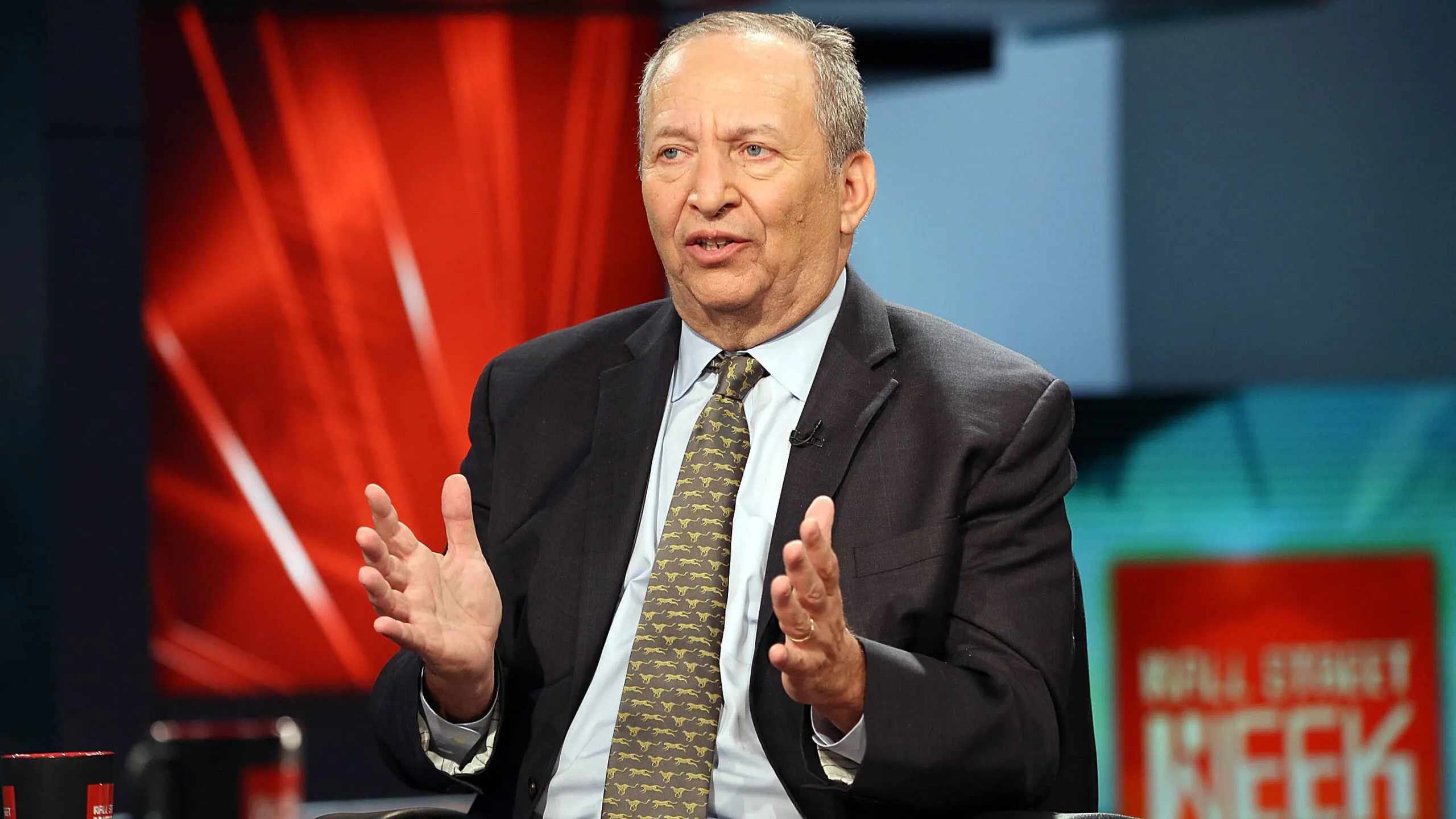A top Democratic economist fears that the United States has produced an inflationary environment that will require a recession to escape.
Larry Summers — who worked as Treasury Secretary under the Clinton administration and National Economic Council director under the Obama administration — said during an interview with Bloomberg that the Federal Reserve’s recent monetary policy taper came far too late.
“If I thought we could sustainably run the economy in a red-hot way, that would be a wonderful thing, but the consequence — and this is the excruciating lesson we learned in the 1970s — of an overheating economy is not merely elevated inflation, but constantly rising inflation,” Summers said. “That’s why my fear is that we are already reaching a point where it will be challenging to reduce inflation without giving rise to recession.”
“I’m surprised by how low long-term interest rates are,” Summers continued. “Markets are foreseeing that we will do what’s necessary to contain inflation — and that process will be quite contractionary.”
Summers also pointed to the harmful effects of inflation upon the middle and lower classes.
“There are no examples of successful inflationary policy that has worked out to the benefit of workers,” he said, referring to efforts in the United Kingdom and United States in the 1970s, along with similar campaigns in Latin America. “It backfired with respect to the very people it was trying to help.”
Summers fears “secular stagnation” — a scenario in which economic growth rates are reduced and interest rates are lower than historic norms — may threaten the United States in the long-term.
“I’m really not sure what’s going to come after this current episode,” he said. “I’m certainly not confident that we’re going to have sustained excess demand for many years. The challenge is that we’ve pumped up aggregate demand now, and then who knows how we’re going to work our way through back to more levels of demand.”
To stimulate the economy after COVID-19 and the lockdown-induced recession, the Federal Reserve pegged a near-zero target interest rate and began buying $120 billion in assets each month. In November, policymakers unveiled the first step in diminishing monetary stimulus — slashing bond purchases by $15 billion in both November and December. More recently, the central bank said that its asset purchase program would be rolled back faster.
Beyond the Federal Reserve, Summers recently explained on social media that he “cannot understand” why White House officials “cling to the idea that inflation is caused by bottlenecks” and “will soon recede to normal levels.”
“Given housing prices and tightening labor markets, there is no compelling reason to expect major deceleration in inflation,” he said. “But, even if inflation subsided to .2 percent a month, the annualized inflation rate would be 6.5% in March 5.1% in June and 4.0% before the election in September.”
Price levels are continuing to rise in the United States. According to the Bureau of Economic Analysis, the Personal Consumption Expenditures Price Index — which the Federal Reserve uses to inform monetary policy decisions — hit a year-over-year rate of 4.1% in October. More recently, the Bureau of Labor Statistics revealed that the Consumer Price Index is rising at a 6.8% clip — the largest year-over-year increase since June 1982.

.png)
.png)

